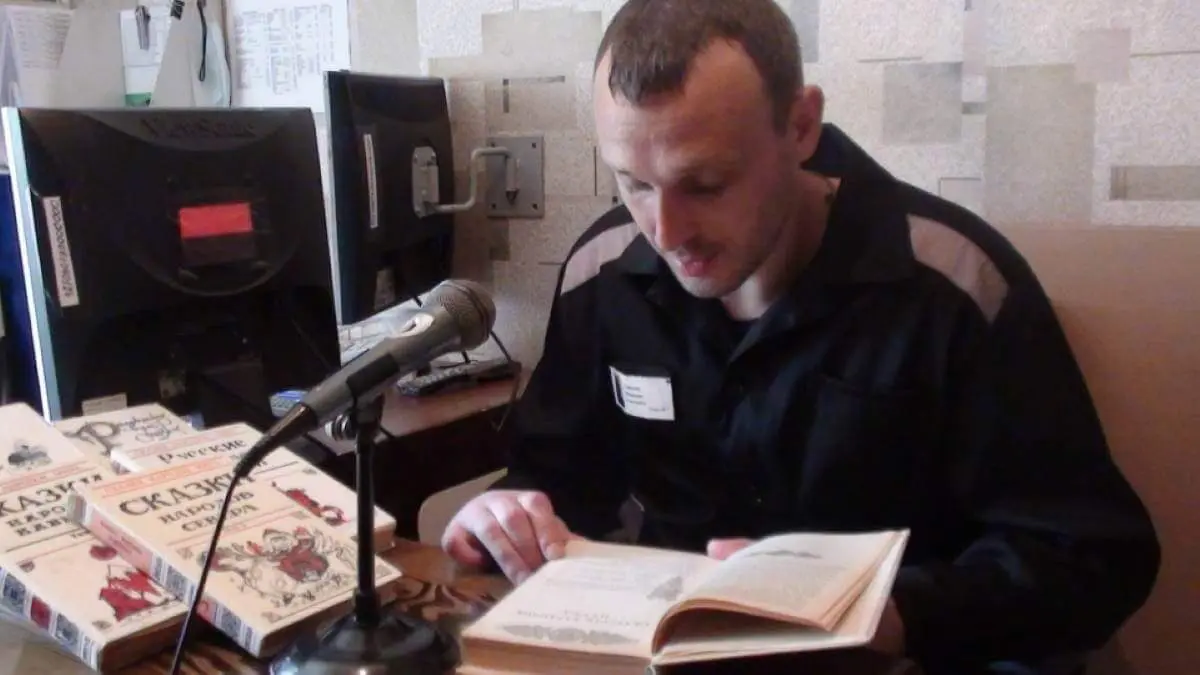The action “Audiobooks for convicted children” was held in Russian penal colonies. In different regions, those serving sentences read the works on record, so that the files would then be handed over to their families. The project was timed to coincide with Children’s Day, which is celebrated on June 1.
Thus, in the correctional colony No. 33 in Saratov, one of the first participants in the action was a 29-year-old convict, who will be released only three years later. He has a five-year-old son and a nine-year-old daughter. Father wrote down verses for them from the collection “Smehodron” by the Saratov poet Yevgeny Grachev, reports “Vzglyad-info”.
And in the local correctional colony No. 10, a convict, in whose family a child with special needs is growing up, said that he had already received a response. His wife shared the baby’s joyful reaction to his dad’s voice. According to psychologists of the Federal Penitentiary Service, the sound of the native voice has a positive effect on the emotional sphere of the child. This is how he feels the presence of his father or mother in his life.
“Profile” said that now the society is discussing another innovation that will help the socialization of prisoners – the idea of replacing the vacancies left by migrants with them. The Ministry of Justice has already positively assessed such a proposal by the FSIN. It turned out that almost 180,000 convicts have the right to replace imprisonment with correctional labor, but only 8,000 such jobs have been created in the country.
The idea of replacing labor migrants with prisoners approved by the Ministry of Justice
According to the Minister of Justice of Russia Konstantin Chuichenko, he positively assesses the initiative proposed by the Federal Penitentiary Service to involve prisoners in work instead of labor migrants. He recalled that today almost 180 thousand convicts have the right to replace imprisonment with correctional labor, but the country has created places for only 8 thousand people. “I think this idea of replacing migrant labor is correct. It is possible to create correctional centers at large construction sites, at large facilities, and citizens serving sentences, as a rule, have the necessary qualifications to perform this work,” Chuichenko told reporters in Khabarovsk …
As Interfax clarifies, the minister added that Russia is interested in large investment projects, where the number of persons serving sentences in the form of correctional labor will be at least a thousand people. According to him, there are no such people now, and the number, as a rule, is about 100 people.
“Profile” wrote about the proposal of the Federal Penitentiary Service to use prisoners for work in Russia instead of labor migrants. The head of the department, Alexander Kalashnikov, is confident that the labor of prisoners can be used more actively in the country. He noted that all prisoners will be provided with a dormitory or apartment, as well as conditions for living with their families. In addition, they will receive a salary for their work, added the head of the Federal Penitentiary Service.







